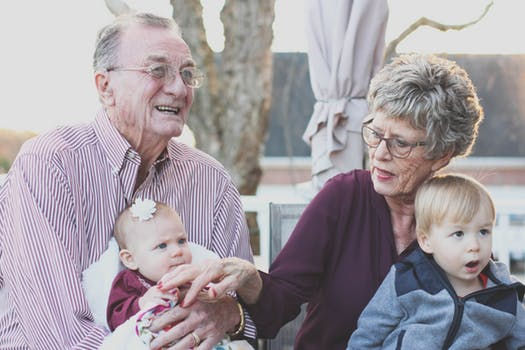Thinking ahead for holiday season
- Julie Cheney RN
- Nov 26, 2018
- 3 min read
With Christmas and New Year celebrations looming we have parties and presents, outings and get-togethers to plan. Most of us are busy and we're trying to accommodate everyone. For older people this time can be stressful, but not in the same way as for their younger offspring.
Heat

For a start heat has come early this year. Heat wave conditions are where the heat, particularly overnight, remains higher than average for a number of days in sequence. Older people often find drinking water a problem filled task, either to get to the water, to swallow the water, to get to the toilet. It often leads to people drinking far less than they need and not adjusting for the loss of fluids via sweat, through skin and as they breathe out. Dehydration can kick in quickly over a 2 to 3 day period. We need to avoid dehydration in older people is because it often leads to serious secondary problems such as falls, delirium, heart changes, kidney changes, constipation and many more. If you have an older person in your life, devise a strategy together for how the water can be accessible and how to make trips to the toilet easy and safe, so they won't dehydrate.
The other issue with heat is that older people might not feel the heat but their hearts will. People with heart disease are often under greater stress in heat and can often be hospitalised with escalating heart failure over summer. Be alert to cooling processes and general well being.
Family events
It's the time of year when planning has often already started with who is hosting, travel plans and who's bringing the food and drinks. Here's a few points to remember to make your celebrations easier if you have older people who might have mobility support needs.

- Factor in shopping support for presents or special food the older person might wish to purchase so they are part of the process and you are prepared for the time.
- Consider the venue for the event and whether you might need to be prepared with toilet chairs or walking aids, a good chair to sit in, an option for a nap if necessary.
- Factor in the transport mechanism and time and who will be the support person for transport if necessary so that, on the day, it is not a frustrating and trying process for the older person to get to the event and home again.

- Coping with large events and numbers of people, no matter how wonderful it is to see everyone, can be overwhelming for older people. Especially for those with any level of dementia. Consider the level of noise that might be difficult to manage or interfere with hearing aids. Be prepared for the person needing some quiet spot in the venue for a time out period if necessary.
- Family events are usually a time when everyone contributes, so encourage the older person to be part of the contribution. Whether it's stamping the cards, cutting the carrots, buying the serviettes, icing the cake or setting the table, this ensures the person is part of the day, feels useful and engaged.
Being alone

For many older people the family event is far away, the family no longer visit, or there are no family or friends anymore. Is there a community event available at some time during this time to allow the person to be part of a celebration, even if not on the day? Have you factored in phone calls or skype calls to bring some connection to people? Can a neighbour check in on them at some time during the week between Christmas and New Year?
Also make sure that your loved one is not going to be left unvisited by their usual care providers for long periods. All providers have to balance their available staff and number of visits, but they have to manage it against people's needs. If the older person doesn't like to cause a fuss they might agree to no visits for an extended period. This can often fail to factor in the need for extra medications or food, for potential problems and for sheer loneliness for long periods of time. For some older people it might need to be necessary to insist on services at some point to break up the celebratory period.
For a lot of families, getting together at this time gives some insight into how the older person is managing. Be prepared that you might need to follow up with the older person about how they can receive more assistance if they are finding it harder to manage this year.




Comentários